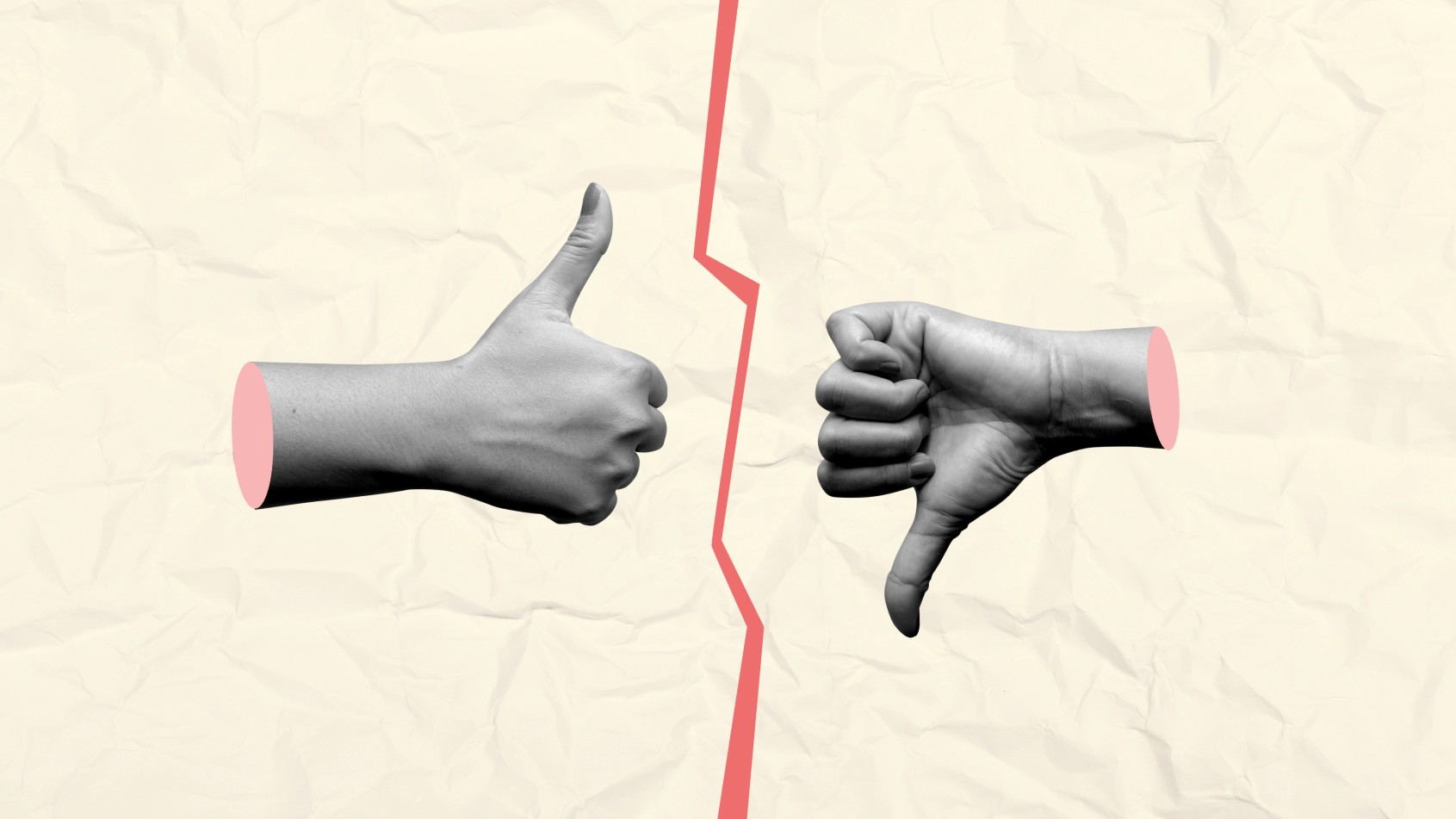Hunger.
Question: What accounts for China's disregard of nature?
Jonathan Franzen: Hunger, chiefly. China was a hungry place, literally a starving country for parts of the year in large parts of the country, well into the ‘80s.
Conservative estimates of the number dead of starvation, and the Great Leap Forward in the late ‘50s, is 35 million. Those are some pretty significant numbers. The upper estimate is more like 50 million. Well that’s just take California and throw in a few other pretty good sized states, and you let the entire population starve to death. That’s kind of what you’re looking at. I guess on a percentage basis it would be like if everyone in Florida had starved to death. But just enormous numbers.
If you haven’t had protein for six weeks and a pigeon goes by, you’re not thinking, “Oh what a pretty bird." Or even if it’s a bald eagle, you’re thinking protein on wing.
So a lot of it is purely economic.
George Packer; I think his best insight about Iraq when he went there immediately after the invasion [in 2003] was that the American planners, among all the many things they were not taking into account, were not taking into account the psychological damage that decades under Saddam had inflicted. Never mind political structure. Never mind are there theaters where people could express their political views. Never mind economic infrastructure.
If you have an entire generation that has gone through the miseries of that [Saddam Hussein's] dictatorship and has never really known what it’s like to have political rights, and is living in a police state, and everybody had a brother who died fighting Iran and all of that stuff, it doesn’t matter what you give them because they’re so shell-shocked by the experience of those decades.
And China is not as extreme. China is such a big place and there’s so much going on in it and there’s always pockets where there’s a direct contradiction to the last thing you just said. But still, broadly speaking, it wasn’t like the first half of the 20th century was so great for them. And then there was a Great Leap Forward and then there was a Cultural Revolution and then there was the gang of four period [the "gang of four": Jiang Qing, Zhang Chunqiao, Yao Wenyuan, and Wang Hongwen].
It was basically just a miserable, miserable place. And there’s this sense of rebound which is, like all I want is not to be miserable the way my parents were. All the parents want is for their children and their grandchildren not to be miserable the way they were. And the misery was so deep and so endemic and so thorough going, on so many levels, that you have the sense that people just like don’t talk to me about that right now.
The watch word in the late ‘80s, it was actually given an official national watchword, which was: “Development first, then environment.” And part of that is the theory that, as people have a little more money, then they can afford, they have the leisure and the means to worry about these things.
But there was a very deliberate decision made. Stop forcing people to eat ideology and let them have iPhones. And it’s very hard when you actually go to China and talk to people there, it’s very hard to want to deny them their iPhones, frankly, because it’s a tough place.
Recorded On: Apr 1, 2008





